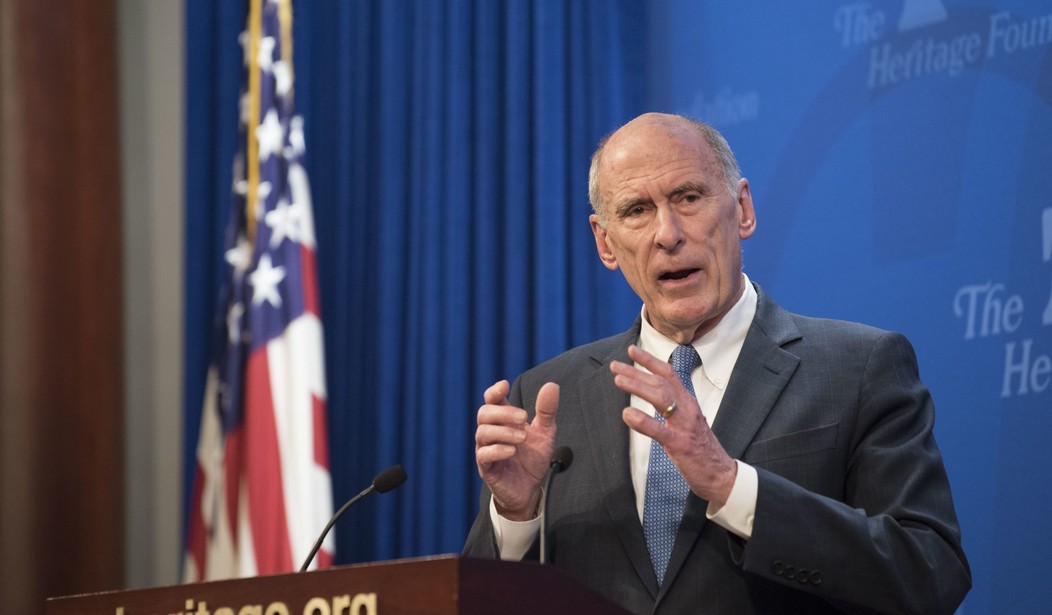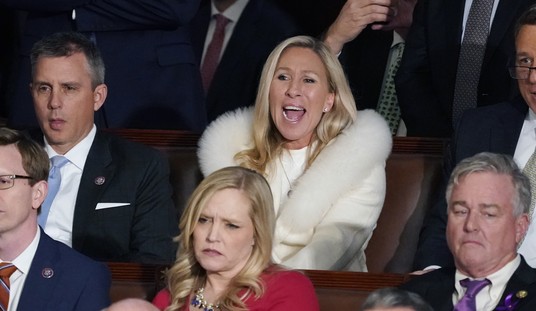WASHINGTON – Proposals from Congress on reforming FISA 702 could send the intelligence community back into the pre-9/11 era and compromise national security, Director of National Intelligence Dan Coats and FBI Director Chris Wray said Friday.
Section 702 of the Foreign Intelligence Surveillance Act, which is set to expire on Dec. 31, allows agencies to track international communications with foreign enemies and terror targets. Intelligence leaders have stated that agencies only targets foreigners, but data from American citizens, including emails and text messages, have been collected incidentally.
Sens. Ron Wyden (D-Ore.) and Rand Paul (R-Ky.), both members of the Senate Intelligence Committee, and House Judiciary Committee Chairman Bob Goodlatte (R-Va.) and Ranking Member John Conyers (D-Mich.) have repeatedly pressed Coats for information on the program, including specifics about the amount of incidental data. The national intelligence director has not offered specific information, citing the sheer volume of records collected as a reason they don’t have exact numbers. Wyden has claimed that because of the low threshold every single American could be subject to surveillance.
Goodlatte and Conyers earlier this month introduced legislation that would mean new reporting requirements for the number of Americans who have been inadvertently tracked under FISA 702. Wyden said last week that the House bill does not go far enough in protecting citizens’ constitutional freedoms, and he and Paul plan to introduce a stronger bill in the upper chamber.
Coats, while speaking at the Heritage Foundation on Friday, called FISA Section 702 the “holy grail” for gathering intelligence information on terror plots and foreign adversaries. He said he understands there are people who mistrust the government and refuse to believe that it has any interest in upholding the Fourth Amendment, but 702 has successfully saved the lives of thousands, if not hundreds of thousands, of lives in the U.S. and across the world.
“This is not just about America. It is about the civilized world that’s trying to deal with the barbaric attempts of many and the malign attempts of many throughout the world to undermine democracies wherever they lie,” he said. “The last thing, the thing that we absolutely cannot do, is compromise this program to the point that we’re back before 9/11.”
National Security Agency Director Adm. Mike Rogers said that the unique data offered through 702 allowed the U.S. to target and kill Hasee Iman, ISIS’ No. 2 commander, who the U.S. unsuccessfully pursued for two years prior to his death while offering multi-million-dollar rewards.
“If we lose this statutory authority, there is no alternative way that I am aware of to account for the other means. If we lose this authority, I can’t replace this information, via other collection sources,” he said at Heritage.
Wray said that the amendments proposed by Congress are eerily similar to the walls that existed for the intelligence community before 9/11.
“The fact that we have not suffered another 9/11-scale attack is not just luck. It is the product of an enormous amount of very, very hard work and diligence by thousands of professionals,” he said.
Wyden said in July that he would be willing to “close down” the Senate if the administration attempted to further weaken Americans’ encryption capabilities. “You can have policies that make us safer and protect our liberties, and foolish policies often give you less of both,” he said. Paul, while speaking alongside Wyden, said that he’s worried he and other lawmakers could be targeted by their own intelligence community.
In introducing the legislation, Goodlatte said: “This bipartisan bill reauthorizes a critical national security tool that keeps Americans safe but also reforms it to protect Americans’ constitutional rights. It contains more accountability, transparency, and oversight so that the American people have confidence that our cherished liberties continue to be protected as the intelligence community keeps us safe from foreign enemies wishing to harm our nation and citizens.”









Join the conversation as a VIP Member